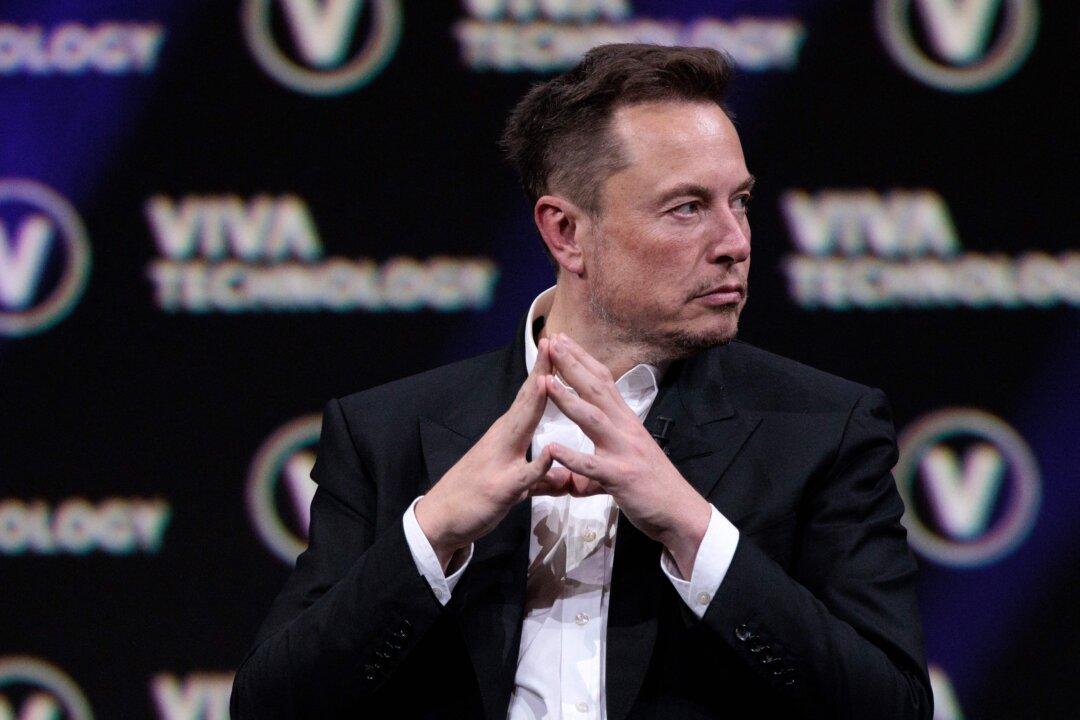A senior European Union official accused X (formerly Twitter) of being the top purveyor of disinformation and issued a veiled threat, prompting owner Elon Musk to push back by posting a video highlighting waning vaccine effectiveness and captioning it with a play on words: “have you heard dis information?”
Unlike competitors like Facebook and Google, Mr. Musk’s X has refused to participate in the European Union’s (EU) voluntary anti-disinformation effort called the 2022 Code of Practice on Disinformation.





